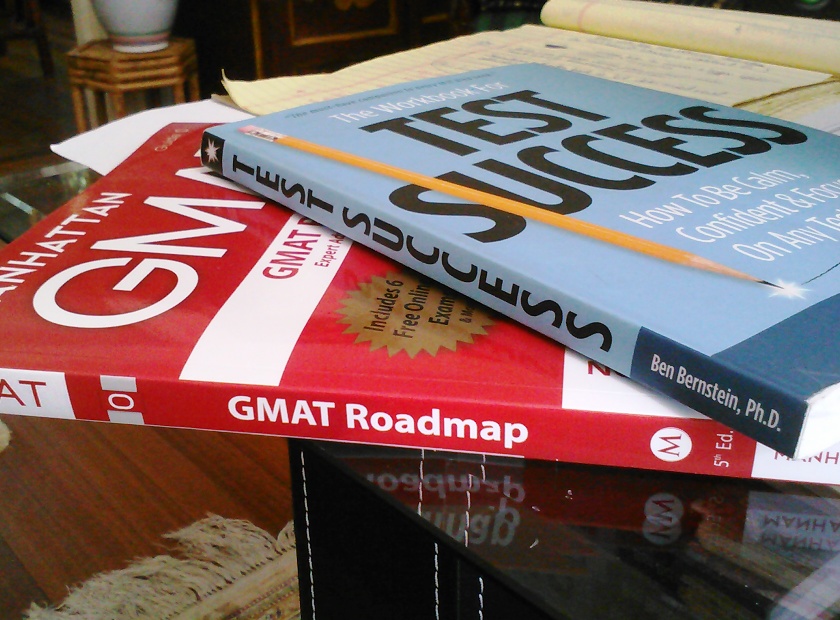Notes from an Admissions Expert
It’s an annual event. Harvard Business School kicks off the touring season, offering potential MBA candidates insights on the school, tips on applying, and chances for successful matriculation.
It’s a good show. I am even more impressed this year than I was after writing about the HBS admissions presentation in San Francisco last year. Amazingly, it’s one year later. Dee Leopold, head of admissions, is the best. She has been on the Harvard Business School’s admissions committee on and off since she graduated in 1980. She knows the ropes. Dee is funny, candid, and a great speaker. Although her presentation is specific to HBS, I think anyone applying to any business school would to well to take on board her advice.
Dee Leopold’s presentation emphasized an overarching point — Harvard Business School is looking for students who have already demonstrated a habit of leadership – that is, “we are finding leadership, not creating it out of thin air.” And of course, that the work is challenging. Last year, she made sure she reminded applicants that Harvard Business School is a school – that is, there’s a lot of work involved. (I can attest to that point). This year, her message was even more specific: students should have
- An analytical aptitude and appetite
- “Bizability”
Analytical Aptitude and Appetite
Because Harvard is known as school that focuses on leadership, many applicants forget that much of the learning depends on understanding the analytics. Analytical aptitude is relatively easy to measure by looking at grades on quantitative undergraduate courses such as business statistics, calculus or econometrics. Or hard science or engineering courses. Admissions directors will also look at the quantitative portion of your standardized tests to judge that aptitude. But it goes beyond that.
By emphasizing an analytical appetite, I believe that the HBS Admissions board wants to see that the prospective student likes to play with numbers, that he or she appreciates that quantitative analysis can help a leader make decisions. This does not mean that the school is looking only for science or quant jocks. I personally know a number of amateur historians who are quite adept at getting in and crunching numbers – and that “appetite” is what the school is looking for. Remember, the “s” in HBS stands for “school” and the admissions committee, the faculty, and prospective employers what to see that see students who roll up their sleeves and dig in to the analysis.
Bizability
To be honest, I had never heard this expression, so I was relieved when the HBS admissions director admitted that she had made it up. And it’s a good word, one that goes back to what interests you. I personally think it means that a student has to like business and have a feel for what business does. This is even true for those coming from the public sector; Dee made it clear that she wanted to see prospective students “grounded in the language of business.”
It doesn’t mean that you have to work in the private sector to “get” business. You have to be able to appreciate what makes businesses tick. For those of you who have only worked in non-profit or government, think hard about where you have used actual business skills to succeed. Have you run – or do you work with — the budget for your department? Do you know how to read financial statements? Do you follow the business press? You don’t have to answer “yes” to all of these questions, but they cannot scare you.
So what if you have the analytical appetite, but haven’t proven the ability, or don’t think you have that “bizability” down? It’s not all over, but then, this might not be your year to apply. Think about what business school is about and what having a career with a business degree means. Talk to alums who have been through the programs and are doing what you want to be doing five or 10 years from now.
And for those of you who have these traits, try and articulate them. Think about where you have gone in and crunched the numbers – whether it is for your own stock portfolio or regression analysis on a market research data. Or figuring out how to get your organization the most bang for a buck of grant money.
These are just some ideas to make you comfortable with the idea of being a business person – particularly one who “gets it.” It’s not magic, but it does have to be the right fit for you.




